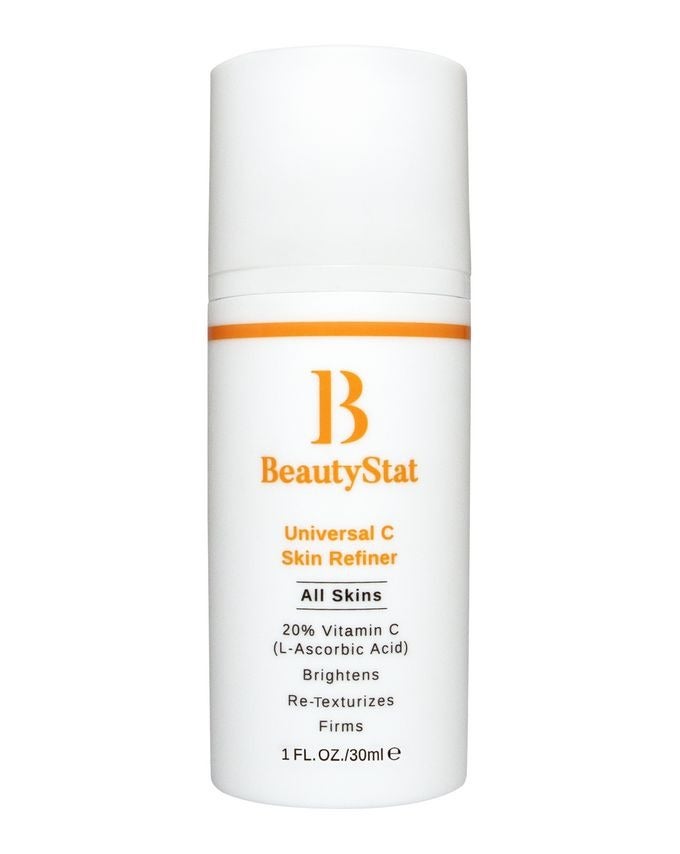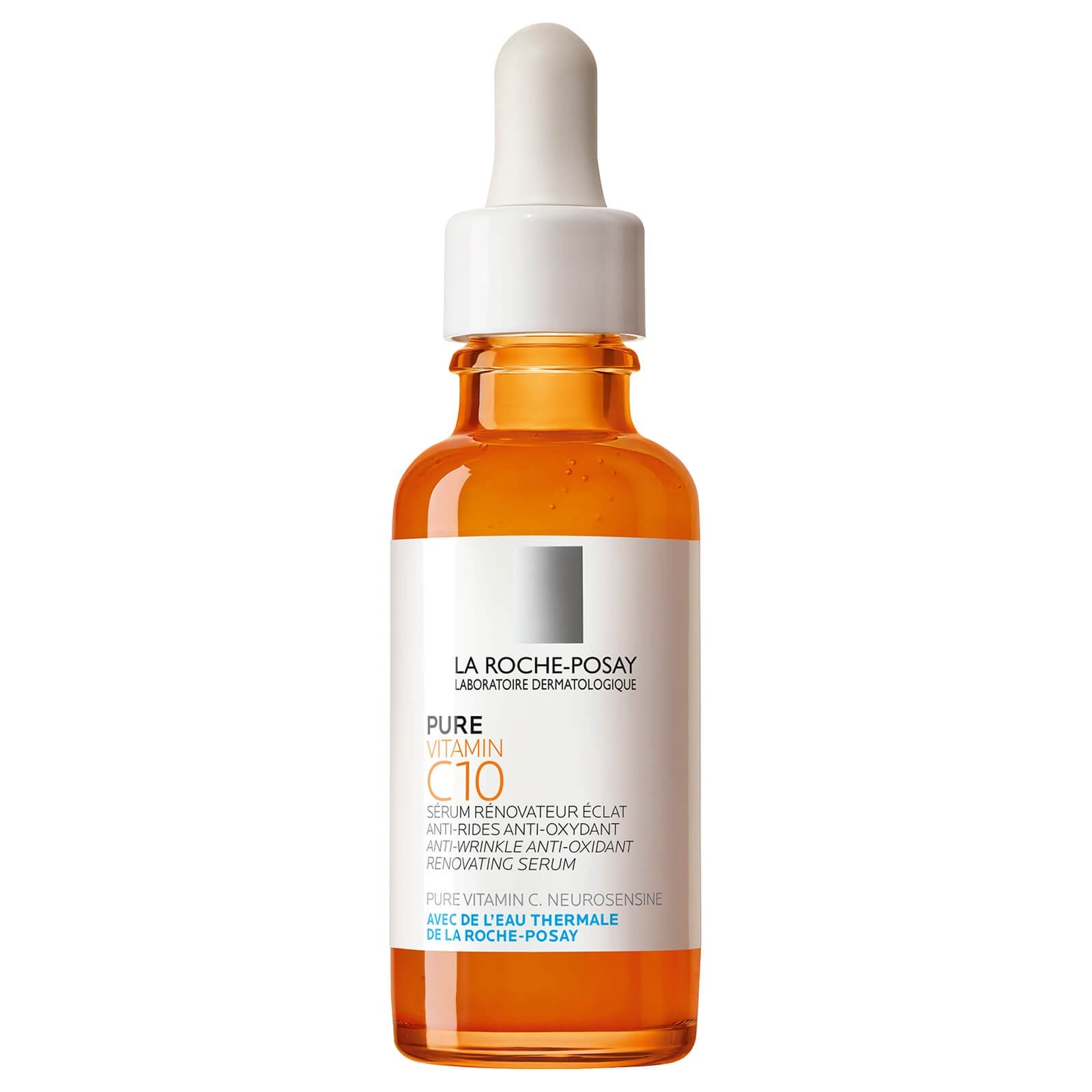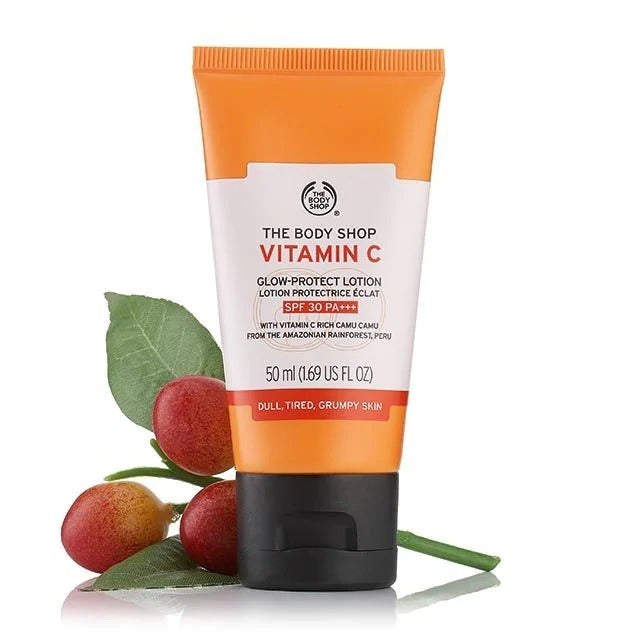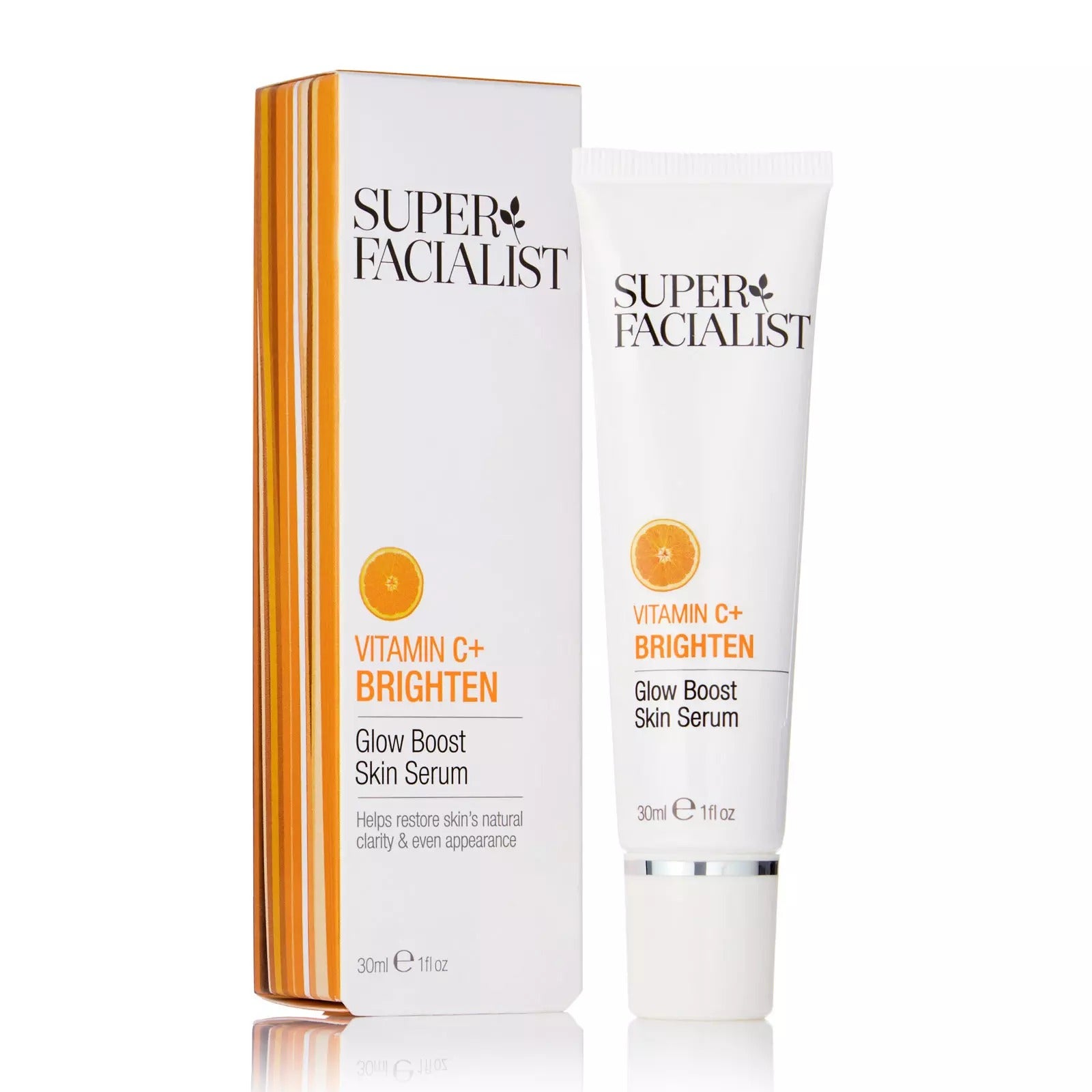From Biossance to Drunk Elephant, it feels as though skincare lovers in the US get to try all the buzziest beauty brands first. And that was certainly true for BeautyStat. But the UK soon followed suit, and we're still obsessed.
The Black-owned business was founded by cosmetic chemist Ron Robinson, who had previously worked with all manner of big-name skincare brands. Having learned a lot about what earns a skincare product cult status, it was a no-brainer for Ron to dream up his very own, starting with just one: a vitamin C serum, BeautyStat Universal C Skin Refiner, available at Cult Beauty.
AdvertisementADVERTISEMENT
Alongside retinol and sunscreen, vitamin C is a staple ingredient in many a skin expert's morning skincare routine. In fact, Cult Beauty pinpoints vitamin C as one of 2020's most googled skincare ingredients, and for good reason. Not only does it help combat dark spots by brightening the skin, it also shields against dulling pollution and other environmental factors, which can cause changes on the skin.
"Vitamin C (also known as ascorbic acid) is a powerful antioxidant and one of the few skincare ingredients that has been proven to help in the battle against skin ageing," says Harley Street cosmetic doctor Paris Acharya. "It neutralises free radicals and helps your body repair damaged cells. It also encourages collagen production (contributing to plump, bouncy skin), helps protect skin against damage from the environment and can improve pigmentation caused by sun damage and scarring."
Vitamin C is a potent all-rounder, which is why most skin experts suggest using a vitamin C serum post-cleanse followed by a high factor SPF to boost skin protection every morning. The Universal C Skin Refiner in particular has fans in people who really know their stuff, including beauty editors, dermatologists and aestheticians. The percentage of vitamin C is high – 20% to be exact – and it is also stable, which means it won't break down in air or sunlight and become less effective. The airtight packaging doubles the security.
AdvertisementADVERTISEMENT
So is it worth the hype? The texture is more like a makeup primer than serum or cream. Like some great vitamin C serums, it does feel ever so slightly gritty but any particles instantly dissolve when massaged into the skin and the product absorbs instantly, leaving behind a fresh, matte finish. As it's pretty potent there is a slight tingle but it subsides within seconds. It didn't make my skin appear red or inflamed, like some high vitamin C serums sometimes can, nor did it 'pill' or bobble when I applied SPF over the top. The bottle promises to brighten, firm and re-texturise skin and after just four days of using this in the morning, I did notice a smoothing, plumping effect. Any skin staining left behind by acne was also faintly minimised. Used regularly, I think this could help improve my skin tone dramatically.
But there's a catch: this vitamin C product will set you back £78 for 30ml. For serious skincare lovers, a good vitamin C product is often seen as an investment, especially as lots of time and research has gone into the protective packaging and making sure that the product doesn't lose its potency over time or turn a dubious shade of orange. In this case you do get what you pay for but there are some excellent affordable alternatives out there, too.
Beauty editors and skin experts rate La Roche-Posay Pure Vitamin C10 Serum, £38, which boasts 10% pure vitamin C. To be applied in the morning (after cleansing and before SPF), it brightens skin tone and smooths texture over time. Super Facialist Vitamin C+ Glow Boost Skin Serum, £13.60, is also an effective vitamin C serum coupled with hydrating hyaluronic acid to make skin appear even and plump, while The Body Shop Vitamin C Glow-Protect Lotion SPF30, £15, is a light but substantial moisturiser which combines vitamin C and sunscreen for protection against pollution and UV rays.
AdvertisementADVERTISEMENT
Finding a skincare routine that suits you is a case of trial and error but if you have sensitive or reactive skin and are wary about upping the percentage of your current vitamin C serum, Dr Acharya suggests checking in with a skincare expert or doctor before embarking on a new routine or using a new product.
Refinery29's selection is purely editorial and independently chosen – we only feature items we love! As part of our business model we do work with affiliates; if you directly purchase something from a link on this article, we may earn a small amount of commission. Transparency is important to us at Refinery29, if you have any questions please reach out to us.
AdvertisementADVERTISEMENT










